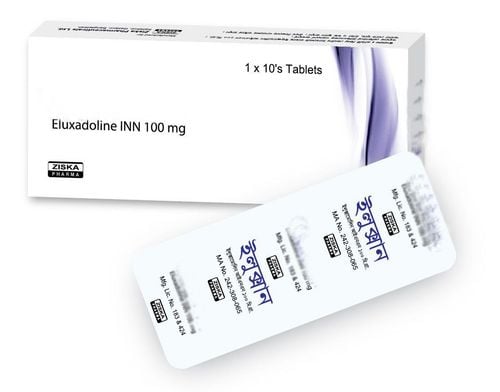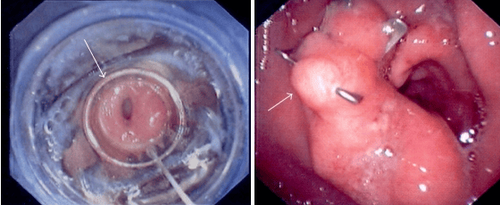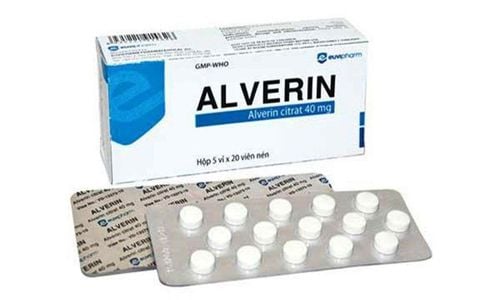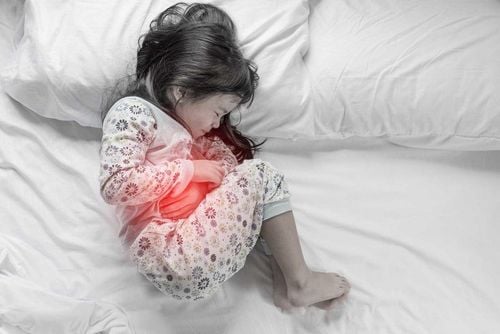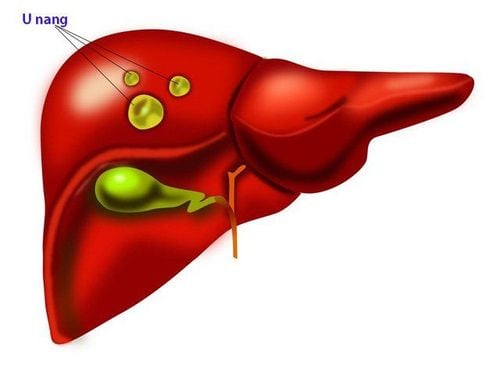This is an automatically translated article.
Posted by Master, Doctor Mai Vien Phuong - Department of Examination & Internal Medicine - Vinmec Central Park International General HospitalCurrently, there isn't enough information to conclude whether the keto diet can benefit people with irritable bowel syndrome. Therefore, it is necessary to conduct more in-depth studies.
1. What is irritable bowel syndrome and how is it treated?
1.1 What is irritable bowel syndrome? Statistically, irritable bowel syndrome (IBS) affects 14% of the world population. Symptoms of the disease include: Stomach pain, bloating, cramps, constipation and diarrhea.There is no known cause of irritable bowel syndrome. However, a number of factors can increase the risk of the disease including: Digestive sensitivities, chemical signals from the gut to the nervous system, psychological stress, immune system activity, changes in microflora gut bacteria, genetics, diet, infections or certain antibiotics.
1.2 Irritable Bowel Syndrome Treatment Treatment for IBS will focus on managing symptoms through medication, diet, and lifestyle modifications.
Because of many opinions that food is the cause of specific signs of irritable bowel syndrome, about 70-90% of patients limit the use of certain foods to prevent constipation. try to reduce the negative impact caused by IBS.
To support the treatment of irritable bowel syndrome, doctors often recommend that patients build a diet with adequate fiber and fluids, and should limit alcohol, caffeine, spicy or fatty foods.
2. What is the keto diet?
The ketogenic diet was developed in the 1920s to treat children with severe epilepsy, weight loss, or health conditions that require blood sugar control. Similar to Atkins, patients need to eat low fat, low carb when following this diet.The exact macronutrient ratio of the keto diet can vary based on individual needs, but is usually: 75% fat, 20% protein, and 5% carbs.
The keto diet limits breads, grains, beans, legumes, alcohol, sugar, starchy fruits and vegetables, and increases your intake of high-fat foods like nuts, seeds, oil, cream, cheese, meat, fatty fish, eggs and butter.
By limiting carbs to 50 grams or less per day, the body enters a metabolic state in which it burns fat for energy instead of carbs.

3. How does the keto diet affect irritable bowel syndrome?
Despite the popularity of the keto diet, very little research has been conducted to verify its effectiveness in treating irritable bowel syndrome.However, a 4-week study in 13 people with irritable bowel syndrome (mainly diarrhea) found that the keto diet can help reduce pain and improve frequency and consistency. of feces. This positive change may be due to the fact that the diet affects the gut microbiota of the patient and improves the condition. In fact, animal and human studies have both shown that a low-carb diet can help deplete harmful bacteria in the gut while increasing the number of beneficial bacteria. However, it is also undeniable that the keto diet reduces the overall diversity of gut bacteria and increases the number of bacteria that cause inflammation, and this can have negative effects.
Currently, there is not enough information to conclude whether the keto diet can benefit people with irritable bowel syndrome. Therefore, it is necessary to conduct more in-depth studies.
4. Should people with irritable bowel syndrome try the keto diet?
Despite its promise, the evidence for using the keto diet to treat irritable bowel syndrome is limited. Modern medicine has yet to prove that a positive effect in patients is due to the diet itself or rather the random elimination of trigger foods, such as FODMAPs or gluten.Therefore, people with irritable bowel syndrome should not use the keto diet as a treatment of this disease.
In case you feel that the keto diet might be right for your lifestyle and are concerned about how it might change your IBS symptoms, you can talk to your doctor for advice. most specific.
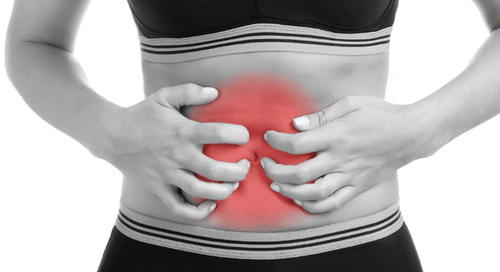
5. Potential Downsides of the Keto Diet
Despite its many benefits, the keto diet also has some downsides, including:The keto diet is very high in fat, which can worsen symptoms of irritable bowel syndrome instead of improving them. The keto diet is low in soluble fiber, so it can reduce the effectiveness of the treatment process. In summary, because studies on the effectiveness of the ketogenic diet on the treatment of irritable bowel syndrome are limited, it should not be used arbitrarily. Before applying, it is necessary to consult a specialist to be able to receive the most useful advice.
Currently, Vinmec International General Hospital is a prestigious address trusted by many patients in performing diagnostic techniques for digestive diseases, diseases that cause chronic diarrhea or Crohn's disease... In particular, the screening techniques for gastric cancer and gastric polyps at Vinmec were performed using the Olympus CV 190 endoscope, the NBI function (Narrow Banding Imaging - endoscopy with narrow light frequency band) for image results. analyze mucosal pathology more clearly... Thanks to that, the doctor can make an accurate diagnosis and give a timely treatment plan. Not only has a modern equipment system, Vinmec is also a place to gather a team of experienced doctors and nurses, especially, with a space designed according to 5-star hotel standards, Vinmec is guaranteed to bring bring the patient comfort, friendliness, peace of mind.
Please dial HOTLINE for more information or register for an appointment HERE. Download MyVinmec app to make appointments faster and to manage your bookings easily.





